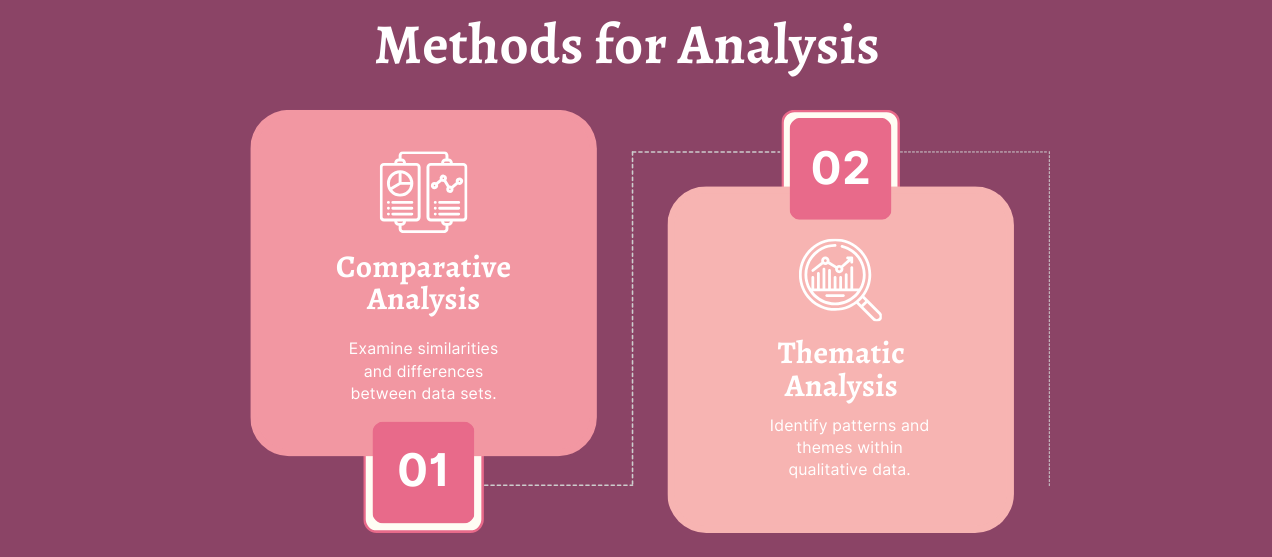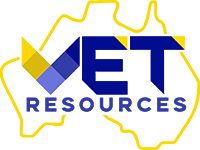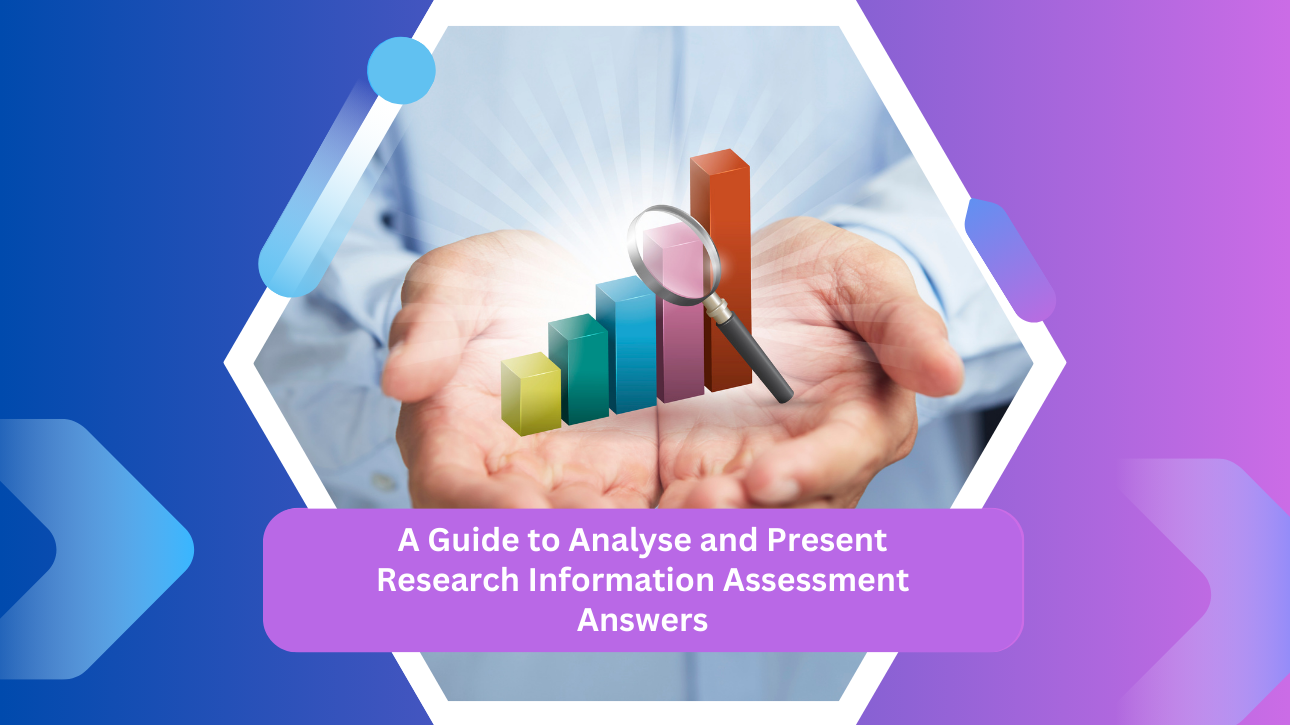Introduction
BSBRES401 unit is one crucial step in your educational journey, improving your ability to analyse and present research information and research assessment answers precisely and clearly. This guide is designed to help you prepare for and excel in your assessments. It is not just about passing a test; it is about equipping you with the analytical prowess needed in the real world, mainly if you aim to excel in sectors where top-notch research skills are invaluable.
Our customer service team is committed to helping you achieve academic success, providing the resources and guidance needed to master research analysis and presentation skills. Let us explore the fundamentals of assessment together. We will simplify complex concepts and provide you with a clear and well-defined roadmap to success. Join us as we unlock the secrets of turning data into compelling insights and learn how to make every piece of information count in your professional journey.
Understanding the Assessment Criteria
The unit assesses your ability to analyse effectively and present research information. Here is what you need to know:

Key Competencies:
- Data Analysis: Interpreting data sets to draw meaningful conclusions.
- Critical Thinking: Evaluating information sources for credibility and relevance.
- Communication: Presenting findings in a clear, concise manner.
Performance Measures:
- Accuracy: Your work must reflect precise and correct interpretations of research data.
- Clarity: Information should be presented in a way that is easy to understand.
- Relevance: Research must align with the given topic or business context.
Meeting Learning Outcomes:
- Understand Research Objectives: Grasping the goals and requirements of your research task.
- Gather and Organise Information: Efficiently collecting data and structuring it logically.
- Present and Review: Delivering your findings and reflecting on the research process.
By focusing on these criteria, you will be well-prepared to tackle the assessments with confidence. Remember, our customer service team is here to help if you need clarification or support.
Analysing Research Information
Mastering the art of analysis is key to excelling in the assessment. Here is how to approach the analysis of research information effectively:
Methods for Analysis:

- Comparative Analysis: Examine similarities and differences between data sets.
- Thematic Analysis: Identify patterns and themes within qualitative data.
Tools to Aid Analysis:
- Software Solutions: Utilise programs like Excel for quantitative data and NVivo for qualitative data.
- Analytical Frameworks: For structured analysis, consider using SWOT (Strengths, Weaknesses, Opportunities, Threats) or PESTLE (Political, Economic, Social, Technological, Legal, Environmental).
Critical Evaluation Skills:
- Source Evaluation: Assess the credibility of your information sources with a critical eye.
- Bias Recognition: Be aware of any potential biases in data or research methods.
By employing these techniques and tools, you will be able to dissect research information with precision and present your findings with confidence. As always, our customer service team is on hand to provide further guidance and answer any questions.
Structuring Your Research Report
A well-structured research report is a critical component of the assessment. Here is a guide to creating a report that is both informative and engaging:
Components of a Research Report:
- Introduction: Outline the purpose and objectives of your research.
- Methodology: Describe how you collected and analyzed your data.
- Findings: Present the results of your analysis in a clear format.
Writing Strategies:
- Clear Language: Use simple, direct language to ensure your report is easily understood.
- Logical Flow: Ensure each section naturally leads to the next.
Referencing and Plagiarism:
- Citation: Use a consistent referencing style as required by your RTO.
- Originality: Always present your own analysis to avoid plagiarism.
Conclusion: Mastering Your RTO Assessment
As we conclude this guide, let us recap the key strategies for analysing and presenting research information effectively:

Key Takeaways:
- Thorough Preparation: Utilise study strategies and reliable sources to prepare for your assessment.
- Analytical Rigor: Employ various methods and tools to analyse research data critically.
- Structured Reporting: Follow a clear structure in your research report to communicate findings effectively.
- Impactful Presentation: Design and deliver presentations that engage and inform your audience.
- Feedback Utilisation: Use the feedback post-assessment for continuous improvement.
Call to Action:
Do not stop here. Take the next step in your RTO journey with confidence. Reach out to VET Resources for personalised support and ensure your skills in analysing and presenting research information are second to none.
Frequently Asked Questions (FAQs)
Q1. What is the BSBRES401 unit about?
- The BSBRES401 unit focuses on developing skills to analyse effectively and present research information, which is crucial for making informed decisions in various professional contexts.
Q2. What are the key competencies assessed in BSBRES401?
- The key competencies include data analysis, critical thinking, and clear communication of research findings.
Q3. How can I prepare effectively for the BSBRES401 assessment?
- Effective preparation involves active learning, time management, and using quality sources for research, including government links for accurate data.
Q4. What methods can I use to analyse research information?
- Comparative and thematic analysis are effective methods, supported by tools like Excel and NVivo for quantitative and qualitative data, respectively.
Q5. What should be included in a research report?
- A research report should include an introduction, methodology, findings, and a conclusion, with clear language and logical flow.
Q6. How can I make my research presentation impactful?
- Organize your content with clear headings, use relevant visuals, and practice clear and engaging communication techniques.
Q7. What is the best way to handle feedback after the assessment?
- Review feedback carefully, create action points for improvement, and apply the feedback to future research tasks to continuously improve.
Q8. How can I use my assessment skills in a professional setting?
- Apply your refined research and presentation skills to workplace projects and include your assessment work in a professional portfolio.
Q9. Where can I get additional support for my RTO assessments?
- Our customer service team is available to provide support and resources. For comprehensive advice, VET Advisory is also a great resource.
Q10. Why is it essential to use government resources in my research?
- Government resources provide accurate and up-to-date information, which is essential for credible and reliable research analysis.
Disclaimer:
The information presented on the VET Resources blog is for general guidance only. While we strive for accuracy, we cannot guarantee the completeness or timeliness of the information. VET Resources is not responsible for any errors or omissions, or for the results obtained from the use of this information. Always consult a professional for advice tailored to your circumstances.







